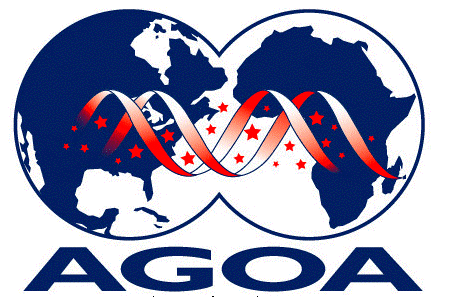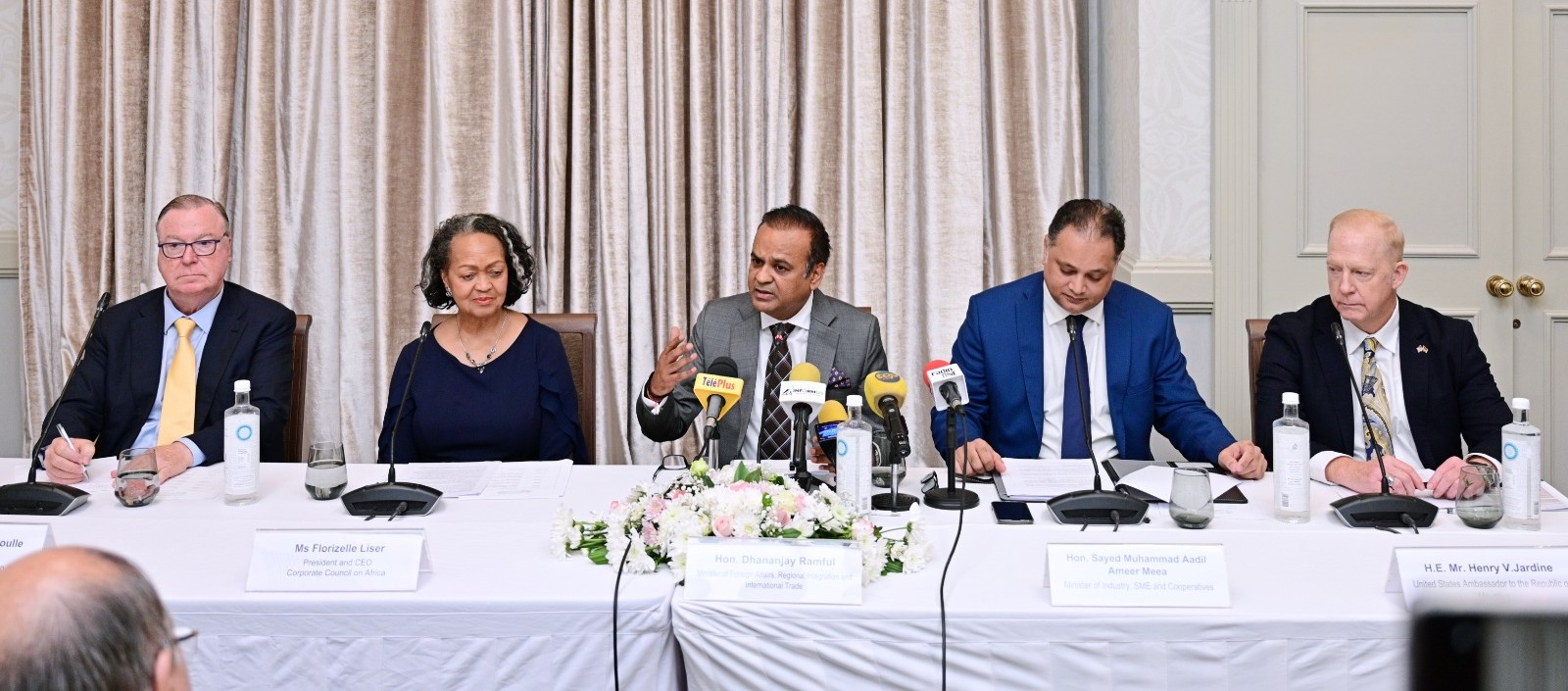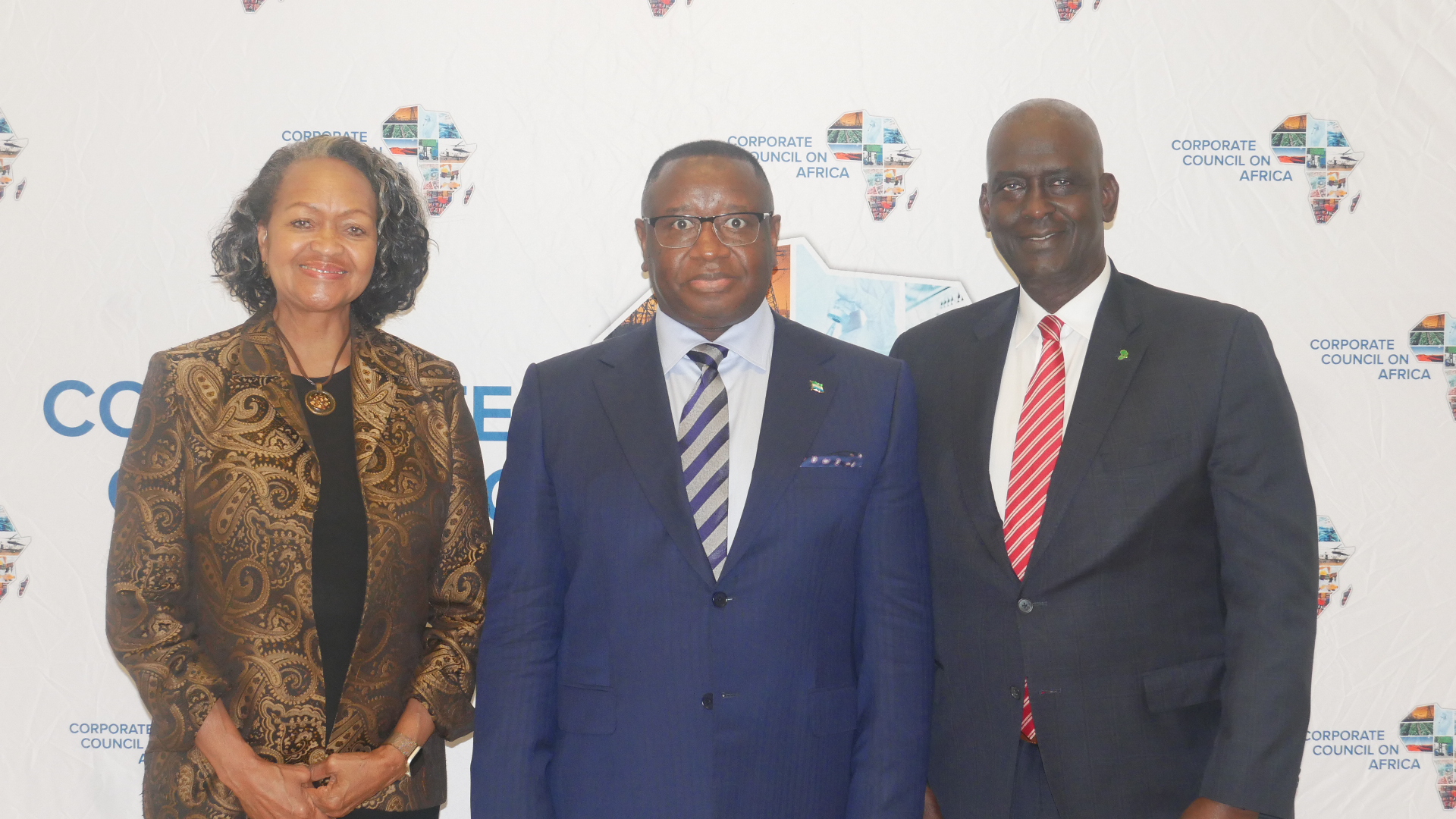The Economic Impact of the COVID-19 Crisis in Africa and How the Continent is Responding - A Dialogue with Dr. Acha Leke
On May 19, 2020, Corporate Council on Africa hosted a webinar dialogue on the economic impact and continental response of Africa to COVID-19 featuring Dr. Acha Leke, Senior Partner and Johannesburg Chairman, McKinsey Africa. Florie Liser, President and CEO of Corporate Council on Africa moderated the discussion.Dr. Leke entitled the beginning of the dialogue “Resolve and Resilience,” alluding to the strength needed in Africa on the health and economic front to fight against the pandemic. Presently, with 85,000 cases continent-wide, there is not enough testing in Africa. Within this context, cases on the continent are estimated to grow into the millions over the next few months. McKinsey, alongside Africa CDC, projects that a minimum of $1 billion will be needed over the next few months for just the health crisis alone.According to Dr. Leke, Africa is facing three crises: the global crisisgiven the disruption of the global supply chains, the Africa crisis with limited people movement affecting key economic sectors, and the oil crisis with impacts on importing and exporting. When the three crises are combined, the future outlook for the continent is likely an economic contraction. In a best-case, but least likely, scenario, stated Dr. Leke, economic recovery is estimated for July-August of 2020. In the worst-case scenario, the estimated recovery shifts to Quarter two of 2021. Key challenges to this recovery include limited fiscal capacity, highly informal economies, young and poor demographics, and a fragile healthcare system.Dr. Leke projected that in Africa one third of all formal and informal jobs in Africa will be at risk. Oil and gas, tourism, and airlines are the three most effected sectors in Africa due to the pandemic. However, there are greater investment opportunities in the healthcare space in providing PPE and pharmaceuticals, retail grocery space, e-commerce, and agriculture.He also advocated for an increase in Africa-based manufacturing, speaking to its potential for resiliency by replacing 20% of imports with local production and regional sourcing and value chains.In response, governments across the continent are focusing on establishing national nerve centers, managing the health crisis, securing food supply chains, ensuring support for vulnerable populations, and managing economic impacts.McKinsey Africa is working with governments in forming a data-based response in a phased manner.Dr. Leke views this crisis as an impetus to accelerate the aims of AfCFTA that come from a bigger domestic market, more harmonization of law and regulations, and a better coordination of regional industrial strategies.Dr. Leke called for a re-imagining of society, business, and governments including adigital transformation in services, a strengthening in sector competitiveness, and an acceleration of regional and pan-African cooperation.Ms. Liser closed the event by highlighting CCA as a platform to advocate U.S-Africa trade and investment and dialogue and ensuring the continuation of dialogue supporting U.S.-Africa engagement.



